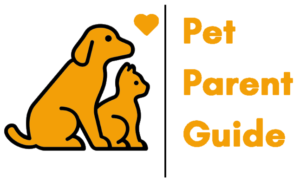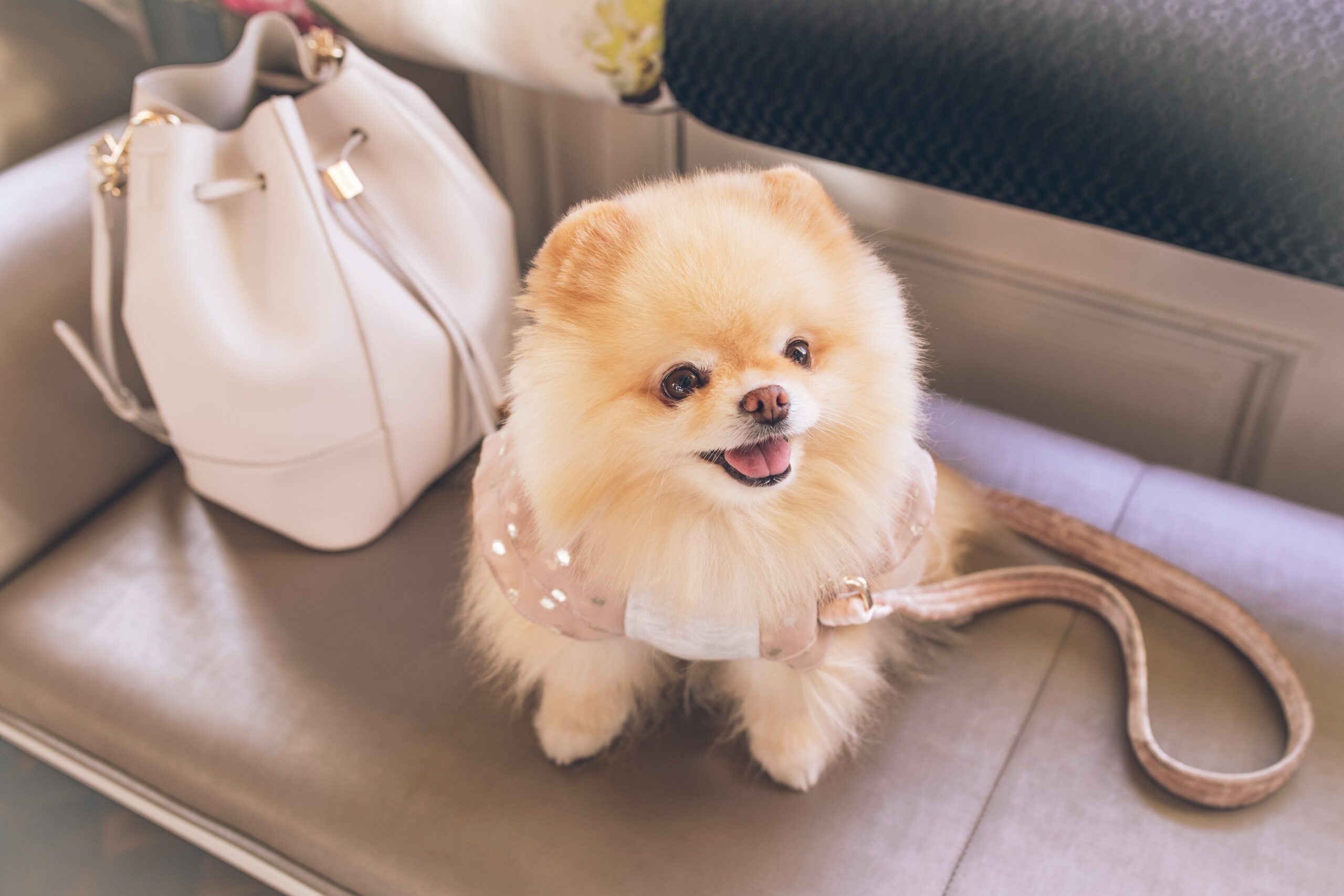
The history of Pomeranians can be traced back to the Pomerania region, which is located in present-day Poland and Germany. These small dogs are believed to be descendants of larger sledge-pulling and herding dogs from the Arctic.
Pomeranians gained popularity in the 18th century when Queen Victoria of England became enamoured with them and helped popularize the breed. Through careful breeding, their size was reduced, and their luxurious double coat was refined.
Pomeranians became highly sought after as companion dogs, known for their intelligence, vivaciousness, and outgoing personalities. Today, Pomeranians continue to be cherished pets worldwide, winning hearts with their adorable looks and spirited nature.
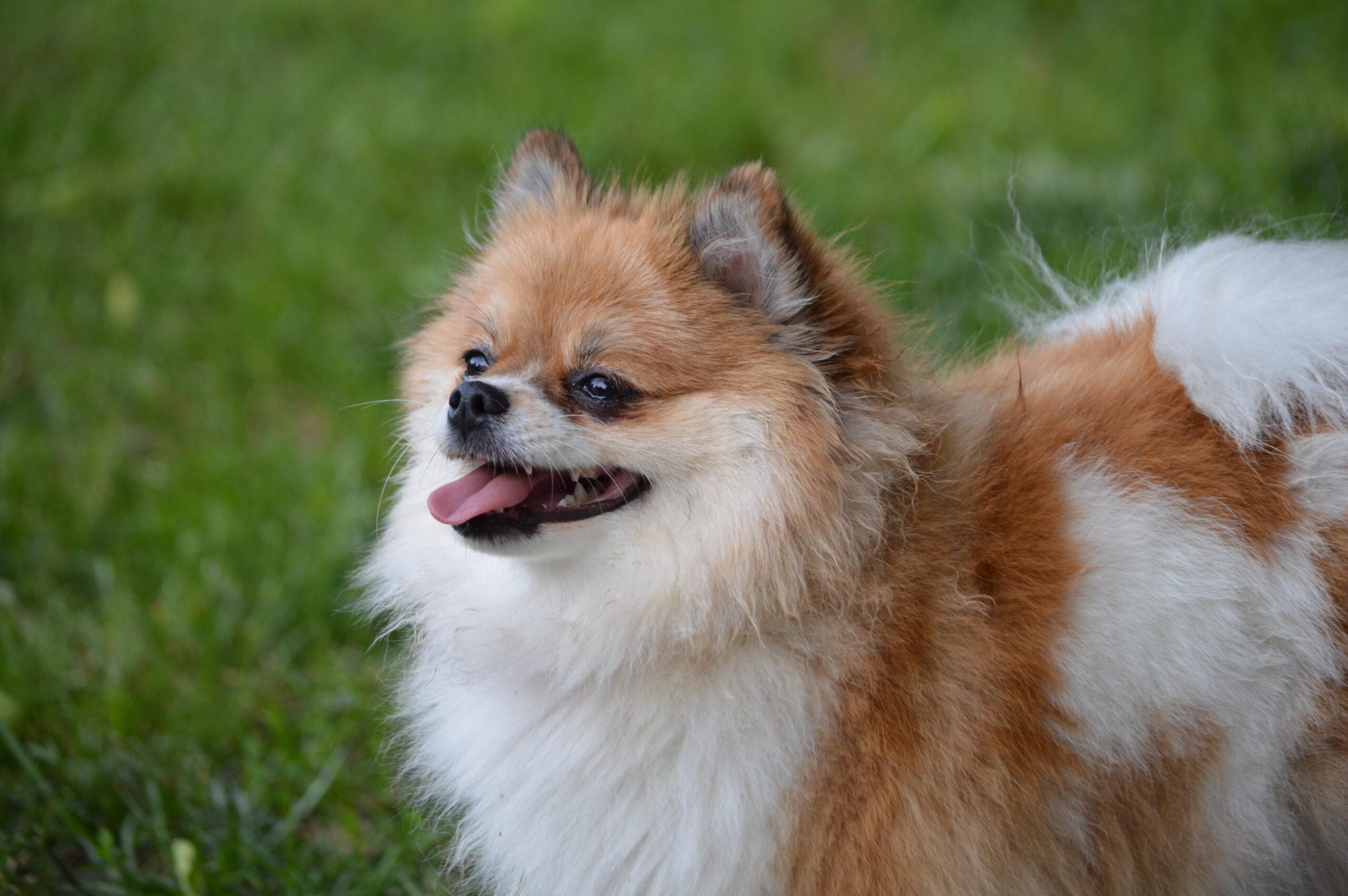
Fun Pomeranian Facts
| What Do They Prey On?
Small animals and birds |
What Are Their Main Threats? Owls, Hawks, Coyote, And Health Conditions |
| What Do They Eat?
Omnivores |
What Is Their Conservation Status?
Least concern |
| How Much Do They Weigh?
4.2-7.7 lb (1.9-3.5 kg) |
Where You’ll Find Them?
Plains |
| How Long Are They?
N/a |
Locations
Europe, Australia, Asia, USA |
| How Tall Are They?
7-12 in (17.7-30.4 cm) |
Kingdom
Animalia |
| What Do They Look Like?
White, brown, and black colour coat with almond-shaped eyes and triangle ears |
Genus
Canis |
| Skin Type
Double hair coat |
Family
Canidae |
Pomeranian Appearance
When it comes to Pomeranian appearance, these little fluffballs steal the show! Pomeranians are small dogs with distinctive foxy faces and fluffy double coats. Their expressive eyes and perky ears add to their irresistible charm. Pomeranian puppies are downright adorable, with tiny paws and a playful demeanour.
If you’re into small-sized cuteness overload, you might be smitten by teacup Pomeranians, which are even tinier versions of this breed. They’re like pocket-sized balls of fur! Whether you go for a standard or teacup Pomeranian, get ready to fall in love with their fluffy coats and endearing looks.
Pomeranian Personality
When it comes to Pomeranian personality, these little furballs pack a big punch! Pomeranians are lively and spirited, always ready for fun and games. Pomeranian puppies are bursting with energy, keeping you on your toes. Their teacup counterparts may be tiny, but they’re still full of spunk and personality!
Pomeranians are known for their intelligence and can be quite curious. They’re also fiercely loyal and make great companions. Despite their small size, they have big hearts and will shower you with love and affection. Get ready for a delightful bundle of joy with a Pomeranian by your side!
Pomeranian Energy Level
When it comes to energy, Pomeranians are bursting with it! These little dynamos are full of zest and enthusiasm. Pomeranian puppies are like little balls of energy, constantly on the move and ready to play. Teacup Pomeranians may be small, but they have an impressive amount of energy packed into their tiny frames.
They love interactive playtime and enjoy walks and outdoor adventures. Be prepared to keep up with their lively antics! Pomeranians thrive with mental and physical stimulation, so make sure to provide them with plenty of activities to keep their energy levels in check.
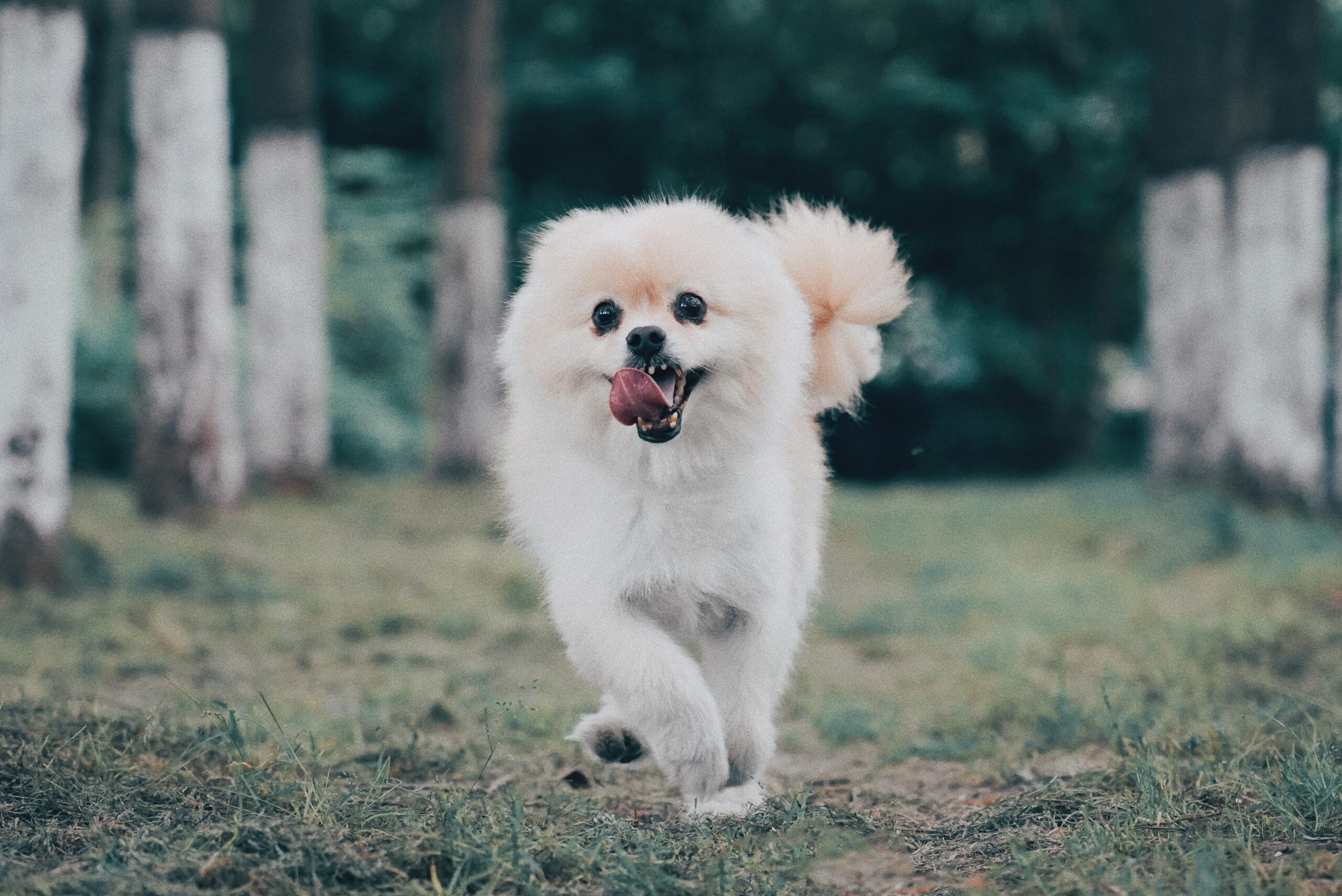
Pomeranian Diet
When it comes to the Pomeranian diet, it’s important to provide them with nutritious meals. Pomeranians, including Pomeranian puppies and teacup Pomeranians, have small stomachs, so opt for small, regular meals throughout the day. High-quality dog food formulated for small breeds is a good choice.
Make sure the food is appropriate for their age and activity level. Pomeranians may have a tendency to gain weight, so portion control is vital. Treats should be given sparingly and in moderation. Always provide fresh water and consult with your vet to ensure your Pomeranian’s dietary needs are met for optimal health.
Pomeranian Exercise
When it comes to exercise, Pomeranians have a surprising amount of energy! Pomeranian puppies and teacups Pomeranians need regular physical activity to keep them happy and healthy. Daily walks, playtime, and interactive toys are great ways to keep them active.
However, be mindful of their small size and delicate bones, so avoid high-impact activities or rough play. Indoor exercise options like puzzle toys or short training sessions can be beneficial.
Remember, each Pomeranian’s exercise needs may vary, so consult with your vet to create a suitable exercise routine that keeps your furry friend in top shape.
Ideal Environment for a Pomeranian
Creating an ideal environment for a Pomeranian is essential for their well-being. Pomeranians, including Pomeranian puppies and teacup Pomeranians, thrive in a loving and attentive home. They enjoy being part of the family and crave human companionship. A cosy indoor space with soft bedding and toys is perfect for their small size.
Since they’re sensitive to extreme temperatures, keep them comfortable in mild climates. Pomeranians also appreciate a secure yard or regular walks for mental and physical stimulation. Ultimately, a nurturing and safe environment filled with love and attention is the key to a happy Pomeranian companion.
Ideal Family for a Pomeranian
Pomeranians make delightful additions to various families! Whether you have a family with kids, live alone, or are elderly, Pomeranians adapt well. Pomeranian puppies can grow up alongside children, but supervision is important due to their small size. Teacup Pomeranians are fragile and better suited for households without young children.
Pomeranians thrive in homes where they receive plenty of love, attention, and regular exercise. They enjoy being part of family activities and crave human interaction. Whether you’re a small or large family, a Pomeranian will bring joy, companionship, and endless affection to your home.
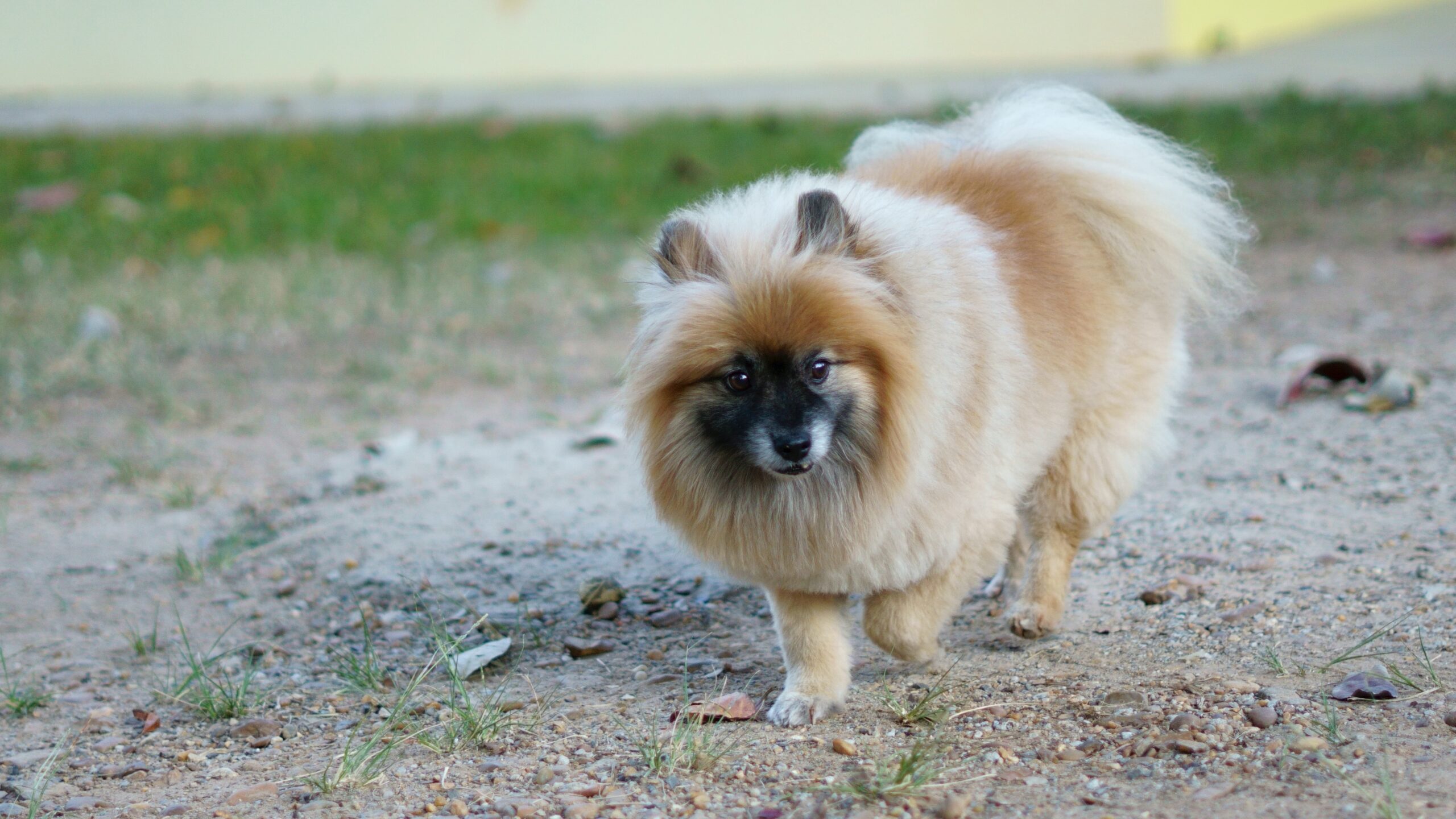
Pomeranian Training
Training a Pomeranian, including Pomeranian puppies and teacup Pomeranians, is a rewarding experience! Start with positive reinforcement techniques like treats and praise. Be patient and consistent in your training efforts. Pomeranians are intelligent and eager to please, so they respond well to training sessions.
Focus on basic commands, socialization, and leash training. Due to their small size, crate training can be beneficial. Keep training sessions short and engaging to hold their attention. With love, patience, and consistency, you can shape your Pomeranian into a well-behaved and obedient companion that brings joy to your life.
Pomeranian Grooming
Grooming is essential for keeping your Pomeranian, whether it’s a puppy or teacup Pomeranian, looking fabulous! Their fluffy coat requires regular attention. Brush their coats daily to prevent tangles and mats. Pay extra attention during shedding seasons. Pomeranians benefit from occasional baths using mild dog shampoo.
Trim their nails regularly and clean their ears to prevent infections. Brush their teeth to maintain dental hygiene. Consider professional grooming for trims and styling. Grooming sessions also provide an opportunity to bond with your Pomeranian, keeping them happy, healthy, and looking their best!
Pomeranian Health
Taking care of your Pomeranian’s health is crucial for their well-being. Pomeranian puppies and teacup Pomeranians are generally healthy, but they can be prone to certain issues. Regular vet check-ups and vaccinations are a must. Dental care is important to prevent dental disease. Keep an eye on their weight to avoid obesity.
Be cautious of overheating in warm weather. Pomeranians can also be prone to certain genetic conditions like luxating patella or dental problems. Early detection and prompt veterinary care are key. With proper care and attention, you can ensure your Pomeranian stays happy and healthy for years to come.
Why are Pomeranians the best pets?
Pomeranians make the best pets for many reasons! Pomeranian puppies and teacup Pomeranians bring bundles of joy and endless love into your life. Their small size makes them perfect for apartment living. They have lively personalities, bringing excitement and fun to your daily routine. Pomeranians are intelligent and eager to please, making training a breeze.
Their adorable looks and fluffy coats are irresistible. Pomeranians are loyal companions, forming strong bonds with their owners. They provide comfort, affection, and unwavering companionship. With a Pomeranian by your side, you’ll experience endless happiness and fulfillment in the form of a tiny, lovable friend.
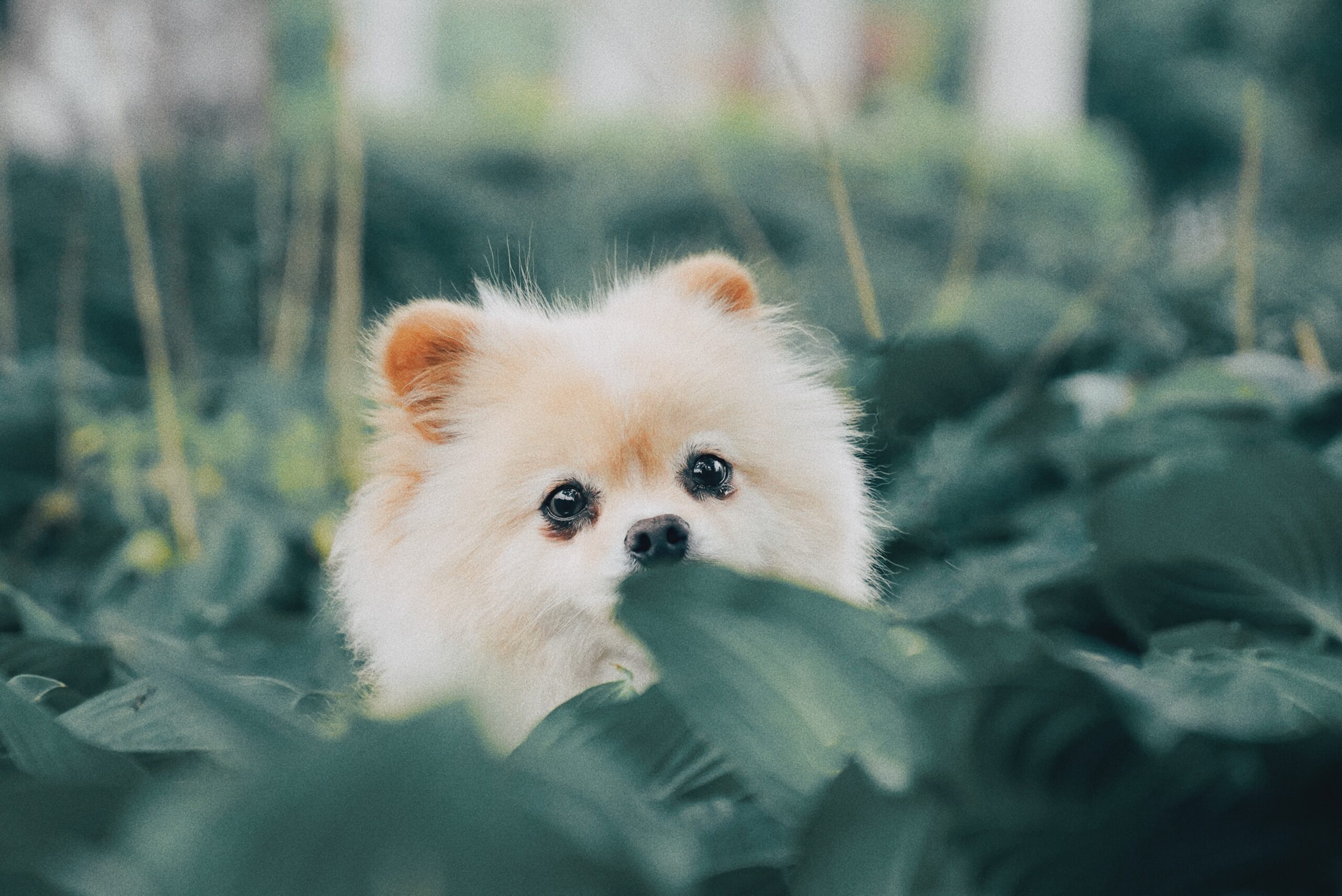
Frequently Asked Questions
Are Pomeranians good with children?
Pomeranians can be great companions for children, but supervision is essential, especially with Pomeranian puppies and teacup Pomeranians. Due to their small size, they can be easily injured if handled roughly. However, with proper training and socialization, Pomeranians can form loving bonds with children and become playful friends.
Do Pomeranians require a lot of exercise?
While Pomeranians have the energy to burn, they don’t require excessive exercise. Regular walks, playtime, and mental stimulation are essential to keep them happy and healthy. Pomeranian puppies have more energy and may need shorter bursts of exercise throughout the day. Teacup Pomeranians, being smaller, have slightly lower exercise needs. Adjust the exercise routine based on your Pomeranian’s age, size, and energy level.
How much grooming do Pomeranians need?
Pomeranians have a thick double coat that requires regular grooming. Daily brushing is necessary to prevent tangles and mats. During shedding seasons, more frequent brushing is needed. Regular baths, nail trims, ear cleaning, and dental care are also important aspects of Pomeranian grooming. Additionally, professional grooming sessions may be required for trims and styling.
Are Pomeranians prone to health problems?
While Pomeranians are generally healthy, they can be prone to certain health issues. These can include dental problems, patellar luxation, tracheal collapse, and certain eye conditions. Regular vet check-ups, a balanced diet, exercise, and proper grooming are crucial for maintaining their overall health. Responsible breeding practices and obtaining a Pomeranian from a reputable breeder can help reduce the risk of genetic health problems.
